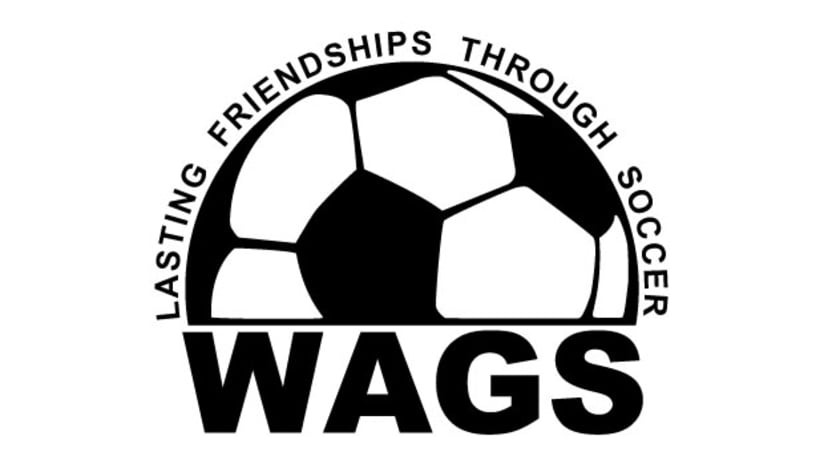The Washington Area Girls Soccer League (WAGS) voted overwhelmingly to eliminate its 15-year-old wait list rule at a seasonal meeting of Club Reps Thursday night in Beltsville, MD. Replacing the wait list will provide teams that would have otherwise been relegated out of divisional play with an option to play in a “pre-divisional” format.
It is an option many teams and clubs have been asking for, according to WAGS President Kathie Diapoulis, who told Potomac Soccer Wire after the vote, “Every year when we hit the send button to notify rising under-14 and older teams that they have not qualified to remain within the 50-team limit, we knew the flood of heartfelt pleas and emotional objections was only moments away. This rule change gives teams the option of staying within our family, and the opportunity to compete for the chance to move back into our tiered division structure without breaking up teams.”
Supporters of the change cited emotional appeals by relegated teams and situations where players left the sport altogether rather than move to a different league. Their argument held that in a sport where attrition is already a challenge around the start of high school, the prospect of relegation leads to some players questioning their commitment to soccer. By voting to keep them in the WAGS structure, club representatives said they hoped this would widen the pyramid of players participating under the WAGS banner.
While the vote was overwhelming, there were some clubs that objected. Speaking before the vote, those in opposition voiced concerns about the administrative cost required to accommodate additional teams as well as the possibility of diluting the competitive WAGS brand.
There was also concern generated by the Old Dominion Soccer League (ODSL), which was summarized in a letter from ODSL President Karen Klumpp to club representatives on Monday and circulated to the community via email thereafter. The letter recognized WAGS’ right to respond to the needs of a few of their teams and praised both leagues’ long working relationship for the betterment of the game. However, Klumpp also stressed a concern that this rule change “may have a profound effect on the soccer community as whole” by leaving some rural teams presently outside the geographical boundaries of WAGS without adequate competition.
Klumpp went on to say in her letter, “The ODSL does an extremely efficient job of addressing the needs of upcoming teams, providing not only an appropriate competition level for the teams but a sporting environment in which teams can flourish. As a result many teams find success in the ODSL which keeps the teams together and more players involved in the sport.”
Many in the room Thursday evening also believed that strong players on previously relegated teams could join another team to stay in WAGS, but borderline players did not always have that option. It is those borderline players they say who are at the greatest risk of giving up soccer when competing priorities assert themselves, and they believe this rule change can actually keep young players involved in the game by not having to ask them to leave the league at such an early age in their development.
Since keeping players involved in soccer is a universal concern, local clubs affiliated with both leagues are expected to closely monitor the effects of this decision on overall player registration numbers, particularly in rural areas.




